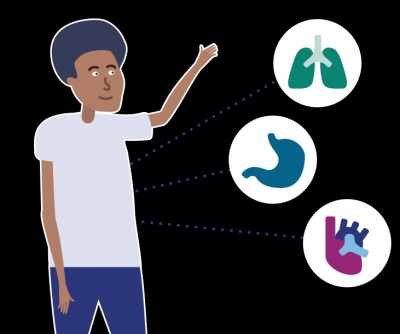New Delhi, 2 July (IANS). According to a study by India as well as international researchers, policy reforms are very important to bring life -saving facilities like organ transplant to poor and deprived sections. The research published in a series of The Lancets insisted on simplifying organ transplant in lower and medium -income countries (LMICs).
Dr. Vivekananda Jha, Executive Director, George Institute for Global Health India, said, “We have to make policies that make innovation accessible to everyone, no matter what their economic condition is.”
Research reported that progress in organ preservation and immunosuppressive drugs has improved organ transplant globally. However, this facility is still difficult for the disadvantaged communities. Despite having many transplant centers in India, funding and lack of priority create challenges.
Every year 17 to 18 thousand people in India get Organ transplant, which is the highest in the world after America and China. However, the transplant rate per million population is only 0.65, which is much lower than countries like the US (21.9), Spain (35.1).
Most transplants in India are in private hospitals, which are limited to urban areas. Many states have free dialysis facilities, but there is also a lack of national policy covering transplant costs.
Research suggested that India should form the National Organ Transplant Registry, which tracks the difference in access. Also, there is a need to strengthen transplant facilities in the public sector, provide financial assistance to patients and donors through national insurance policies, transplant eligibility and organ allocation standards equally and subsequent care through inexpensive medicines and telemedicine.
Dr. Jha said, “There is a possibility of increasing the capacity of transplant in India.
-IANS
MT/ABM






